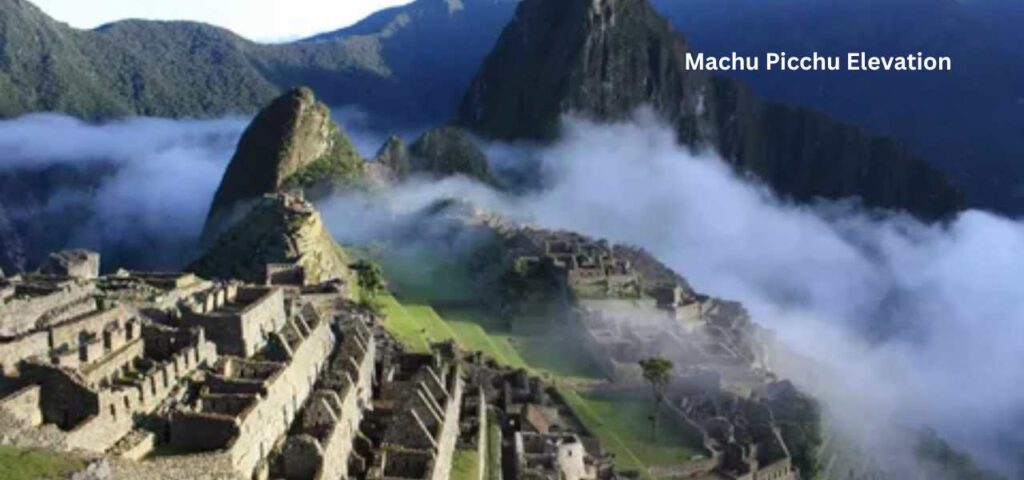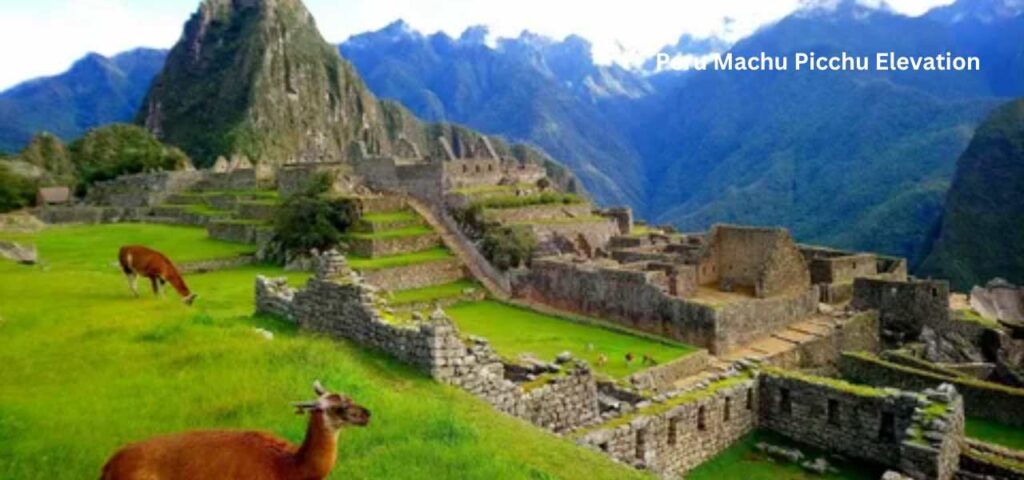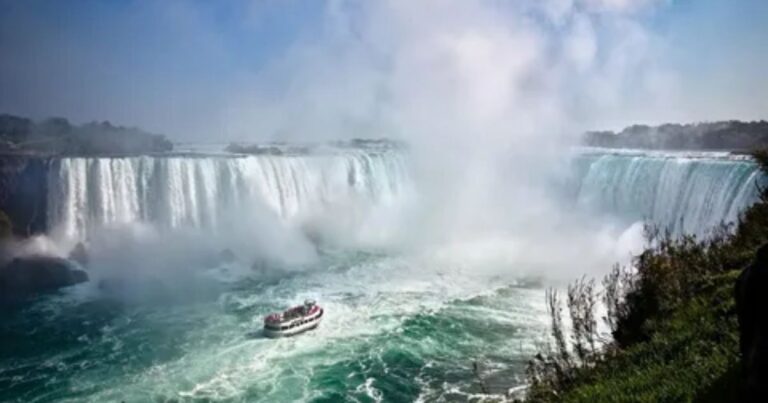Machu Picchu Elevation: A Journey to the Clouds
Machu Picchu, the iconic Incan citadel nestled high in the Andes mountains of Peru, is renowned for its breathtaking views, rich history, and archaeological significance. One of the most frequently asked questions by travelers is regarding its Machu Picchu elevation.
Understanding the elevation of this ancient site is crucial, especially for those planning to hike or visit. In this article, we will delve into the various aspects of Machu Picchu , including its height in both feet and meters, the elevation gain during the trek, and tips for acclimatization.
Machu Picchu Elevation

Machu Picchu elevation is approximately 2,430 meters above sea level, which translates to about 7,970 feet. This significant elevation places Machu Picchu in a unique position where visitors can enjoy stunning panoramic views of the surrounding mountains and valleys. The high altitude also means that visitors may experience altitude sickness, making acclimatization an essential part of the travel plan. For those considering travel in other high-altitude destinations, such as Morocco, it’s important to assess safety and health concerns. You can find more information here: Is Morocco Safe for Americans?
Table of Elevation Measurements
| Measurement | Value |
|---|---|
| Machu Picchu Elevation | 2,430 meters (7,970 feet) |
| Nearby Cusco Elevation | 3,399 meters (11,152 feet) |
| Inca Trail Starting Point | 2,600 meters (8,530 feet) |
| Huayna Picchu Elevation | 2,720 meters (8,923 feet) |
Machu Picchu Elevation in Feet
When we talk about Machu Picchu elevation in feet, it stands at approximately 7,970 feet. This elevation is significant as it provides visitors with a unique experience of the Andean landscape. The elevation also contributes to the diverse ecosystems found in the area, from lush cloud forests to rocky mountain terrain.
Understanding the Impact of Elevation
The Machu Picchu elevation can affect visitors differently. Some might feel fine, while others may experience symptoms of altitude sickness such as headaches, dizziness, or nausea. It’s crucial to be aware of these potential symptoms and take necessary precautions.
Machu Picchu Elevation Gain

If you’re planning to hike to Machu Picchu, understanding the Machu Picchu elevation gain is vital. The trek from the starting point of the Inca Trail to the site itself involves a significant elevation gain.
Elevation Gain Breakdown
- Starting Point: The Inca Trail usually begins at around 2,600 meters (8,530 feet).
- Machu Picchu: The final elevation at Machu Picchu is 2,430 meters (7,970 feet).
While the overall elevation gain might seem minimal, the steep inclines and rugged terrain can make the hike challenging. Hikers typically gain elevation rapidly, which can exacerbate symptoms of altitude sickness.
Machu Picchu Elevation Feet vs Meters
For travelers from different regions, understanding Machu Picchu elevation feet versus Machu Picchu elevation meters can be essential. Here’s a quick comparison:
- Machu Picchu Elevation: 2,430 meters (7,970 feet)
- Cusco Elevation: 3,399 meters (11,152 feet)
As seen, Cusco is significantly higher than Machu Picchu, which can lead to a more pronounced effect of altitude sickness if travelers do not acclimatize properly before their visit.
Peru Machu Picchu Elevation: A Unique Experience

Visiting Peru Machu Picchu elevation offers travelers a chance to experience one of the most breathtaking archaeological sites in the world. The rich history, combined with the stunning natural beauty, makes it a must-visit destination.
Acclimatization Tips
- Spend Time at Higher Elevations: Before hiking to Machu Picchu, consider spending a few days in Cusco or other higher-altitude areas.
- Stay Hydrated: Drink plenty of water to help your body acclimatize to the altitude.
- Avoid Alcohol: Alcohol can exacerbate the symptoms of altitude sickness, so it’s best to avoid it during the initial days.
- Take it Slow: If you’re hiking, take your time and don’t rush the ascent. Listen to your body and rest when needed.
Conclusion
Understanding Machu Picchu elevation is crucial for anyone planning to visit this incredible site. With its elevation of 2,430 meters (7,970 feet), visitors can expect stunning views but should also be mindful of the effects of altitude. By taking the necessary precautions and allowing time for acclimatization, travelers can fully enjoy their experience at one of the most beautiful places on earth.
FAQs
What is the elevation of Machu Picchu?
The elevation of Machu Picchu is approximately 2,430 meters (7,970 feet) above sea level
How much elevation gain is there when hiking to Machu Picchu?
The Machu Picchu elevation gain from the starting point of the Inca Trail, which is around 2,600 meters (8,530 feet), is about 170 meters (558 feet) to the site itself.
How does Machu Picchu’s elevation compare to Cusco?
Machu Picchu is at 2,430 meters (7,970 feet), while Cusco is significantly higher at 3,399 meters (11,152 feet)
- Statue of Liberty: A Guide to Exploring America’s Iconic Landmark - December 16, 2024
- Where is Lambert Glacier Located? The World’s Largest Glacier - December 16, 2024
- Banff National Park: A Complete Guide to Canada’s Stunning Wilderness - December 15, 2024






